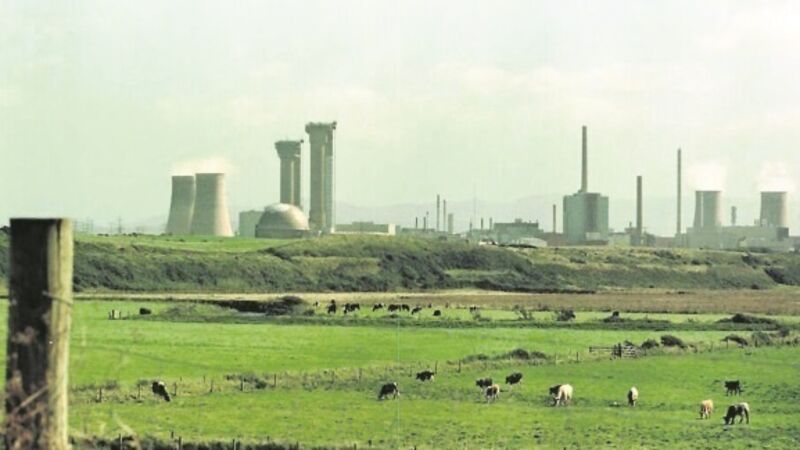State Papers 1986: Row simmered between British and Irish governments over Sellafield tests

Documents released under the 30-year State rule show the minister for foreign affairs, Peter Barry, had inquired about the possibility of the two governments co-ordinating their monitoring activity in relation to tests carried out in the Republic and Northern Ireland on emissions from Sellafield.
However, the Northern Ireland secretary, Tom King, said it would be difficult for the Irish government to criticise its British counterpart on the basis of information obtained from such co-operation.













